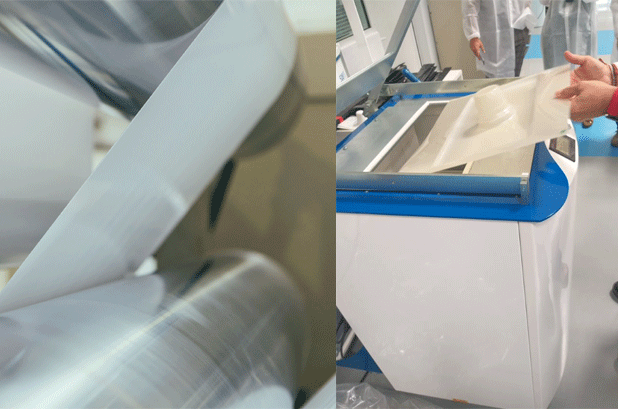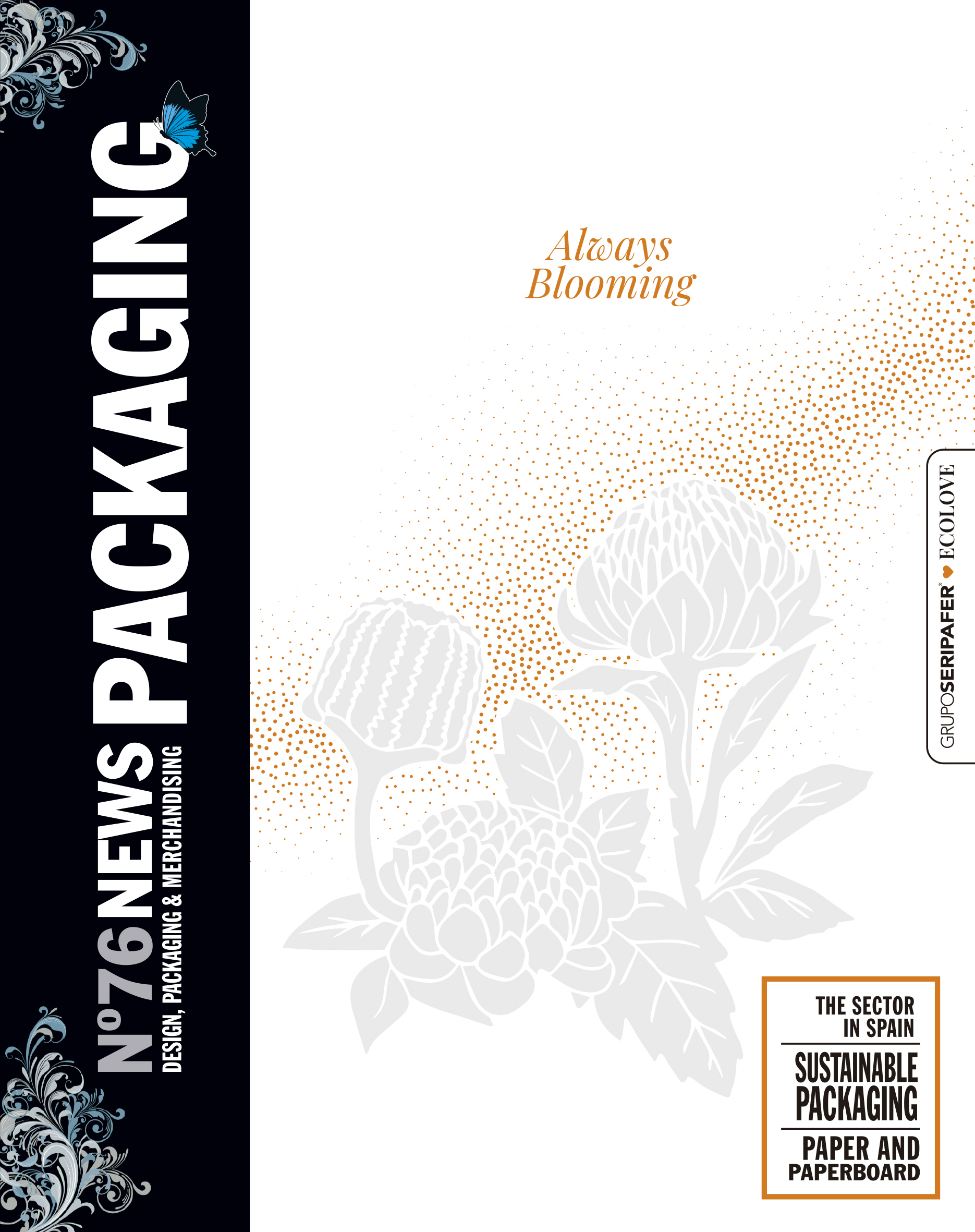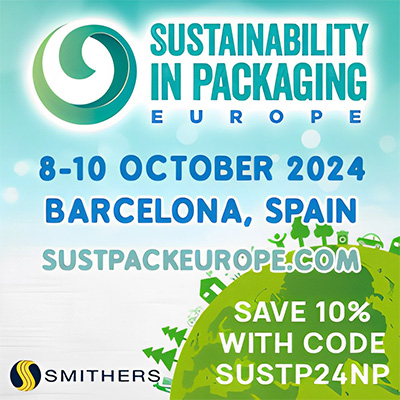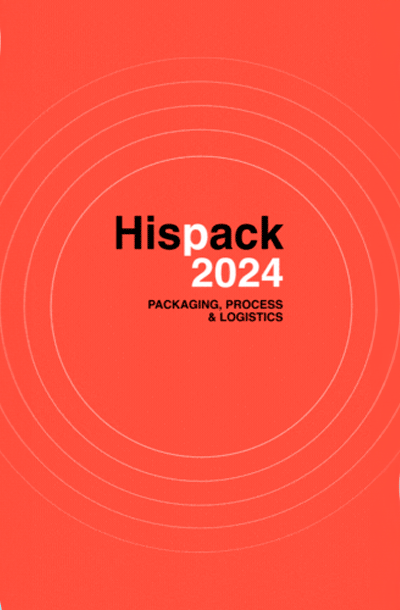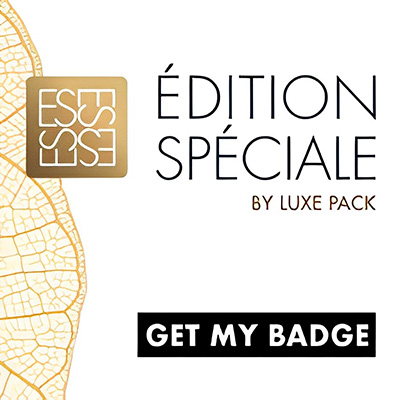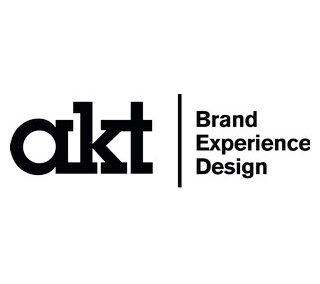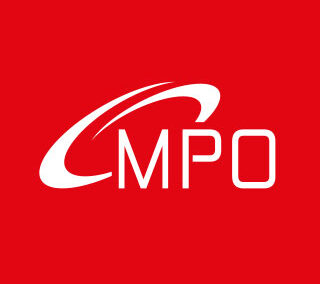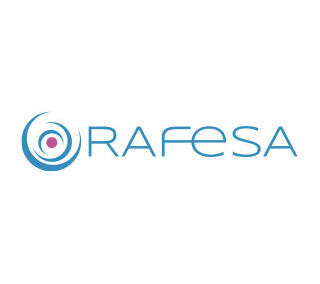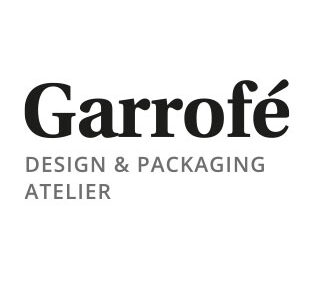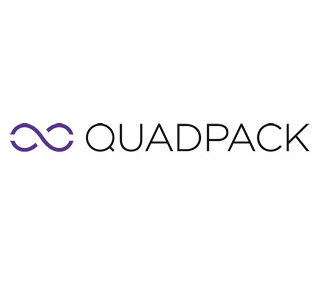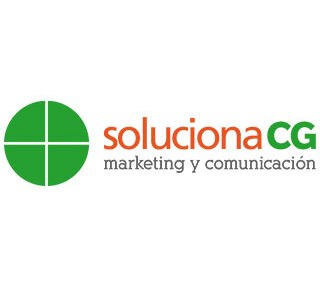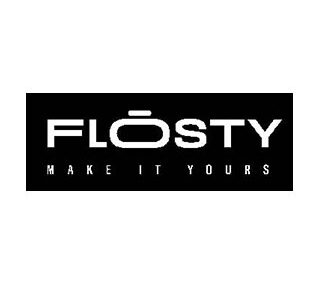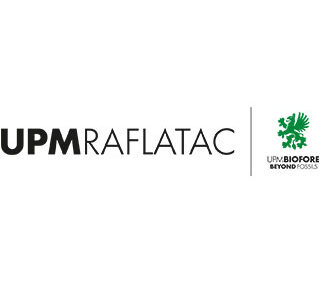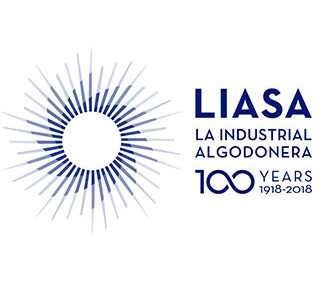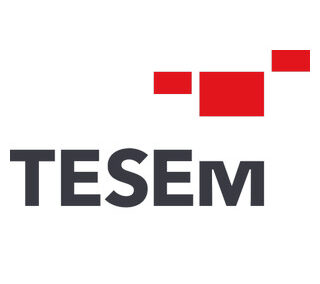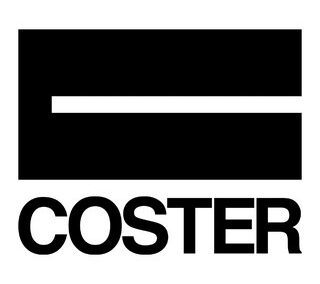The project Life EPS ‐ SURE has successfully completed three years of research: the boxes of expanded polystyrene (EPS), known as white cork, which are used as a container to store, transport and present fresh products such as fish, can be transformed into new PS containers suitable for contact with food, such as yogurt packaging, thanks to an innovative recycling process.
The consortium formed by the companies Cicloplast, Anape, Coexpan, El Corte Inglés and Total Petrochemicals Ibérica presented the results of the R & D & i project in an online event with more than 100 attendees from different European countries. The project started in 2017 with a budget of 1,5 million euros and has been 60% co-financed by the European Union through the Life Program.
The main conclusion is the technical feasibility of the project, which opens the way to new developments and lays the foundations for the authorization and certification of food grade for recycled polystyrene from the fish box (r-PS) by the European agency EFSA .
In short, it is demonstrated that based on the criteria applied for PET, the containers obtained from r ‐ PS they would be innocuous and safe for use in food contact applications, as well as producing a great environmental benefit.
The Life EPS ‐ SURE project opens the way to future new markets for polystyrene and lays the groundwork for achieving food grade authorization and certification by the European Food Safety Authority (EFSA) for polystyrene.
